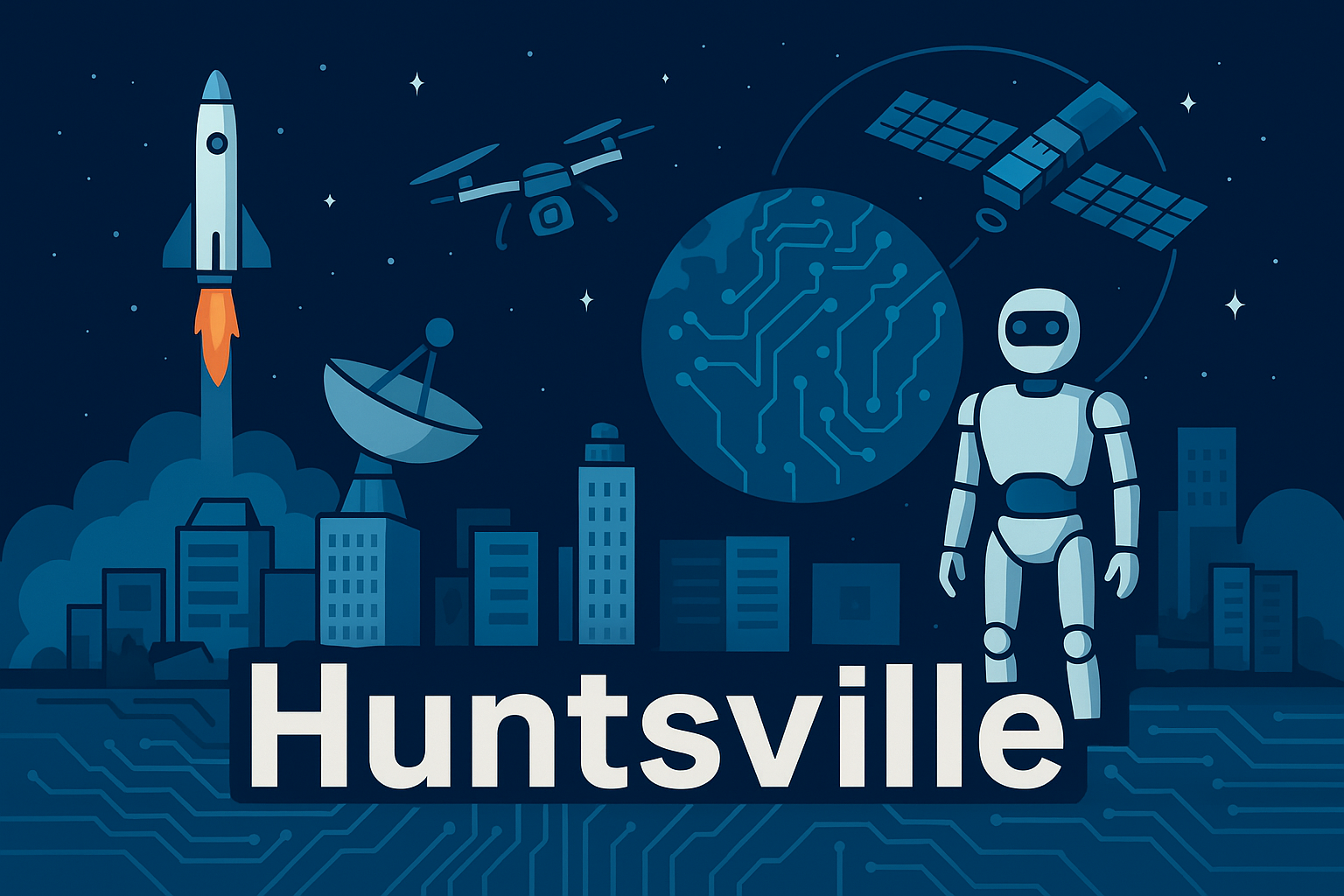Science Sunday: Welcome Back, Superhuman
By Huntsville AI | July 21, 2025
Welcome back, Superhuman. At Huntsville AI, we usually focus on artificial intelligence, but every so often, we spotlight global scientific discoveries that reshape the very world AI operates in. From “biological AI” to alien signals, this week’s insights are extraordinary.
PROTEUS: Evolving Life with “Biological AI”
Researchers at the University of Sydney have developed PROTEUS, an open-source system that accelerates protein evolution in mammalian cells. It allows antibiotic-resistant proteins to evolve in days rather than centuries.
This breakthrough is being called a form of biological artificial intelligence. It’s aligned with our RESPOND Framework—a system that helps professionals in North Alabama create adaptive, ethical AI models grounded in real-world data.
Are We Broadcasting Earth to Aliens?
Scientists at the University of Manchester believe that aviation radar systems could be unintentionally transmitting our location to alien civilizations—up to 200 light-years away.
Real concern or cosmic coincidence? Either way, it highlights a core value at Huntsville AI: we must anticipate unintended consequences of powerful technologies.
The Origin of Life: RNA Might Be the Key
At University College London, researchers have shown that RNA molecules can self-replicate under early-Earth conditions. This discovery supports the theory that RNA, not DNA, was the original molecule of life.
It’s a critical leap in our understanding of molecular evolution—and a reminder that intelligence begins in nature, long before we codify it in machines.
⏱️ Redefining the Second: Optical Atomic Clocks
A global team has synchronized 10 optical atomic clocks with record-breaking accuracy. By 2030, we may see a new definition of the second, improving GPS systems, climate models, and AI-powered financial trading.
Time, like technology, is evolving.
How Scientific Breakthroughs Shape Artificial Intelligence
At Huntsville AI, we understand that artificial intelligence doesn’t evolve in isolation. Every discovery in biology, astronomy, or physics contributes to the ecosystem where machine learning thrives.
Want to see how? Read our Environmental Impact of AI blog and learn how green computing is transforming North Alabama’s future.
For deeper reading, explore the Green AI research paper on arXiv—showing how energy-efficient AI models are becoming the new benchmark.
Until Tomorrow, Stay Superhuman
From RNA to radar, this week’s stories prove that intelligence—natural or artificial—is always evolving. At HuntsvilleAI.org, we celebrate the science that powers tomorrow’s algorithms. Stay curious. Stay aware. Stay superhuman.


